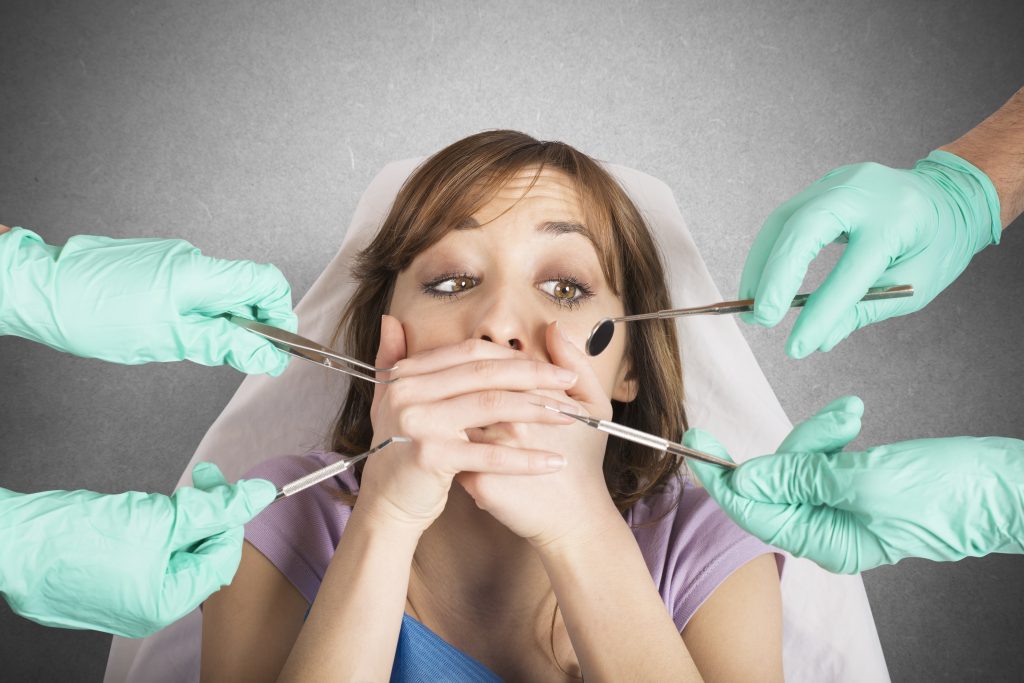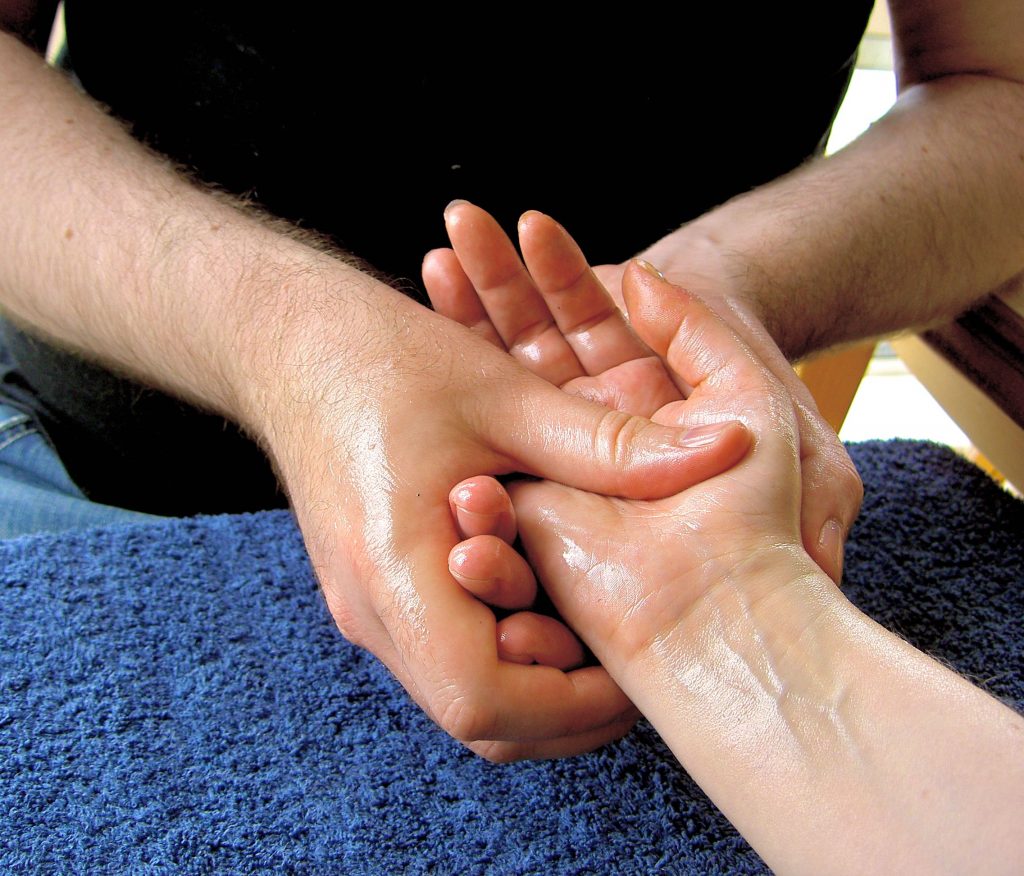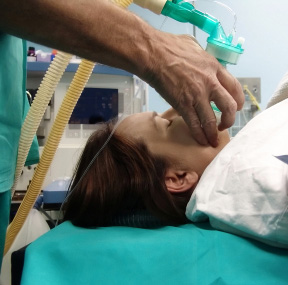Strategies for Overcoming Dental Anxiety and Phobia
-

According to the American Association of Endodontists, more than 15 percent of adult Americans avoid going to the dentist because of “misconceptions and fears.” For those suffering with dental anxiety, it typically manifests through higher stress levels and nervousness experienced at or around dental visits. This can be enough to dissuade the dental anxious from booking regular appointments.
Dental phobia is a more severe condition that can be characterized by an unreasonable panic-stricken fear of the dentist. Whereas the dental anxious may be able (uncomfortably) to visit the dentist, the dental phobic are essentially paralyzed by their fear. Dental phobic people face a greater risk for tooth lossand gum disease. (Gum disease has been linked with increased risk for diabetes, pancreatic cancer, stroke and heart disease.)
Fortunately there are a number of strategies available for the dental anxious and the dental phobic to help them combat their fears and get the regular oral health maintenance they sorely need. Here are just a few of them:
-
1. Identify and Communicate

The most important step to take in combatting dental anxiety or dental phobia is identifying the source of your fears and accepting their power over you. Once dental fears are identified, you can communicate with a dental team about them. Treatments and schedules can often be adapted to help offset certain fears. Good dentist-patient communication is an essential part of the treatment process and can help set anxious patients at ease.
-
2. Adapt your Diet

If you’re feeling nervous or anxious about dental treatment, the worst thing you can do is eat or drink foods that are high in sugar or caffeine. This can exacerbate jittery nerves and cause panic attacks. High-protein foods create a calming effect. Try eating some prior to your appointment to help you settle.
-
3. Counseling

You are not alone! Dental anxiety and dental phobia are far more common than you might think, so don’t be embarrassed. Realizing that others share your fears can be a great help. Additionally, there are self-help and peer support groups (some of which are online) that can help you better acknowledge and overcome your issues. For more serious cases of dental phobia, professional psychological counseling and psychotherapy are available.
-
4. Relaxation Therapy

Combat your feelings of anxiousness and nervousness by practicing deep breathing exercises, progressive muscle relaxation, guided imagery and hypnosis. Yoga and meditation might help calm your nerves before an appointment.
-
5. Embrace the Distraction

Many dental offices offer a number of in-office distraction amenities to be used during treatment. These amenities can vary from practice to practice, but include things like headphones, televisions, virtual reality glasses, pillows, blankets and aromatherapy. Dental spa practices may even offer things like mini massages, hand/foot treatments and more.
Ask around and inquire about the types of amenities offered to help you locate the practice best suited to your needs.
-
6. Sedation Dentistry

When all else fails, you can take comfort in knowing that there are pharmacological methods for coping with dental anxiety and phobia during visits. Sedation dentistry may take the form of oral sedation, inhalation sedation, intravenous sedation or even general anesthesia. Frequently used in combination with local anesthetics, sedation dentistry offers mild-to-moderate relief for people suffering from fear or anxiousness.
Oral sedation is used primarily for anxious patients and is as simple as taking a small pill before your appointment. Inhalation sedation (nitrous oxide) produces conscious relaxation during treatment. Intravenous sedation or “twilight sleep” offers a similar effect during treatment for people wishing to have unimpeded breathing. General anesthesia is more appropriate for complex treatments, during which the patient is not conscious.
Keep in mind that sedation dentistry is going to be more expensive, especially if you opt for an intravenous or general anesthesia option.
(Read more about sedation dentistry)









